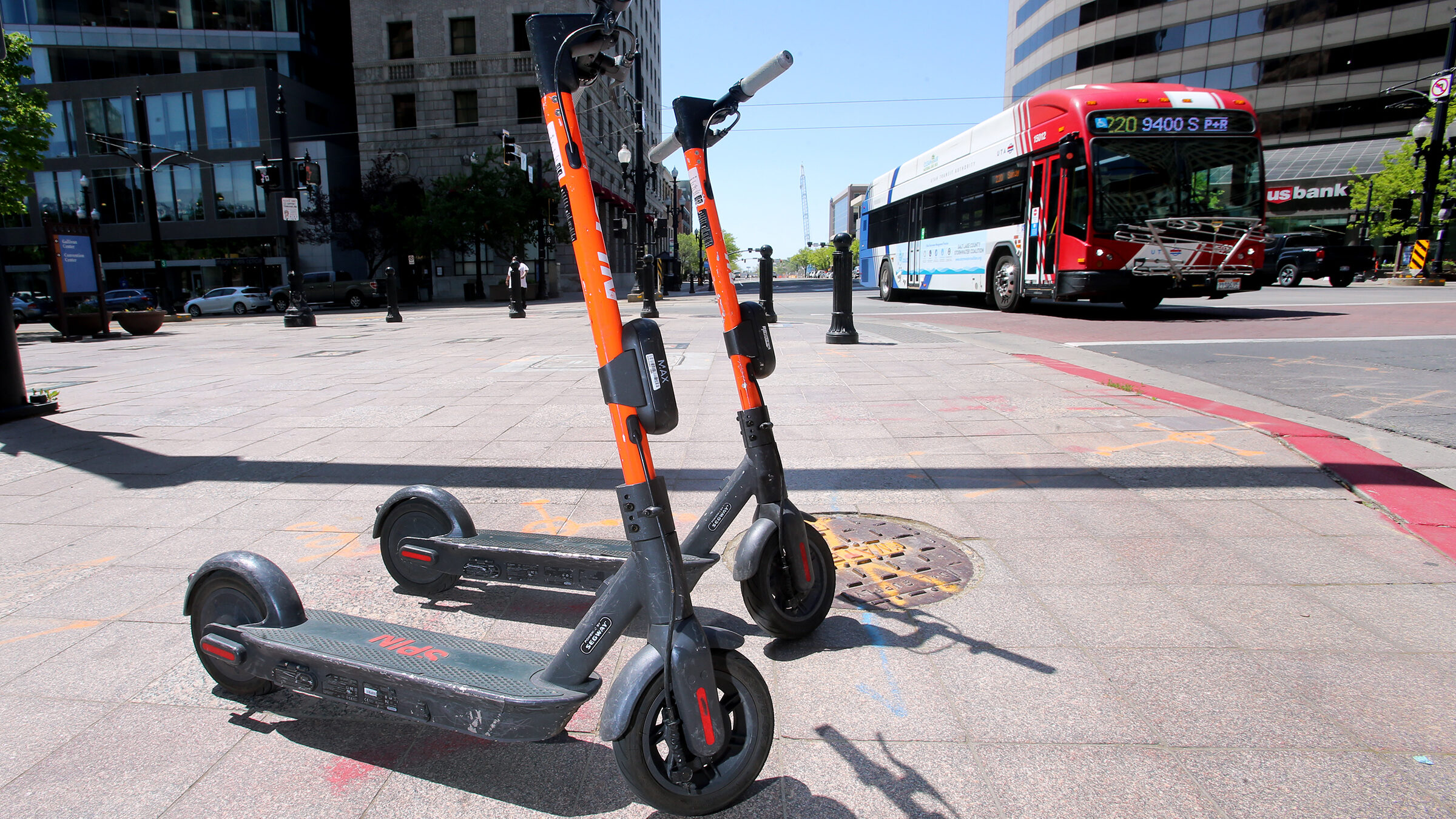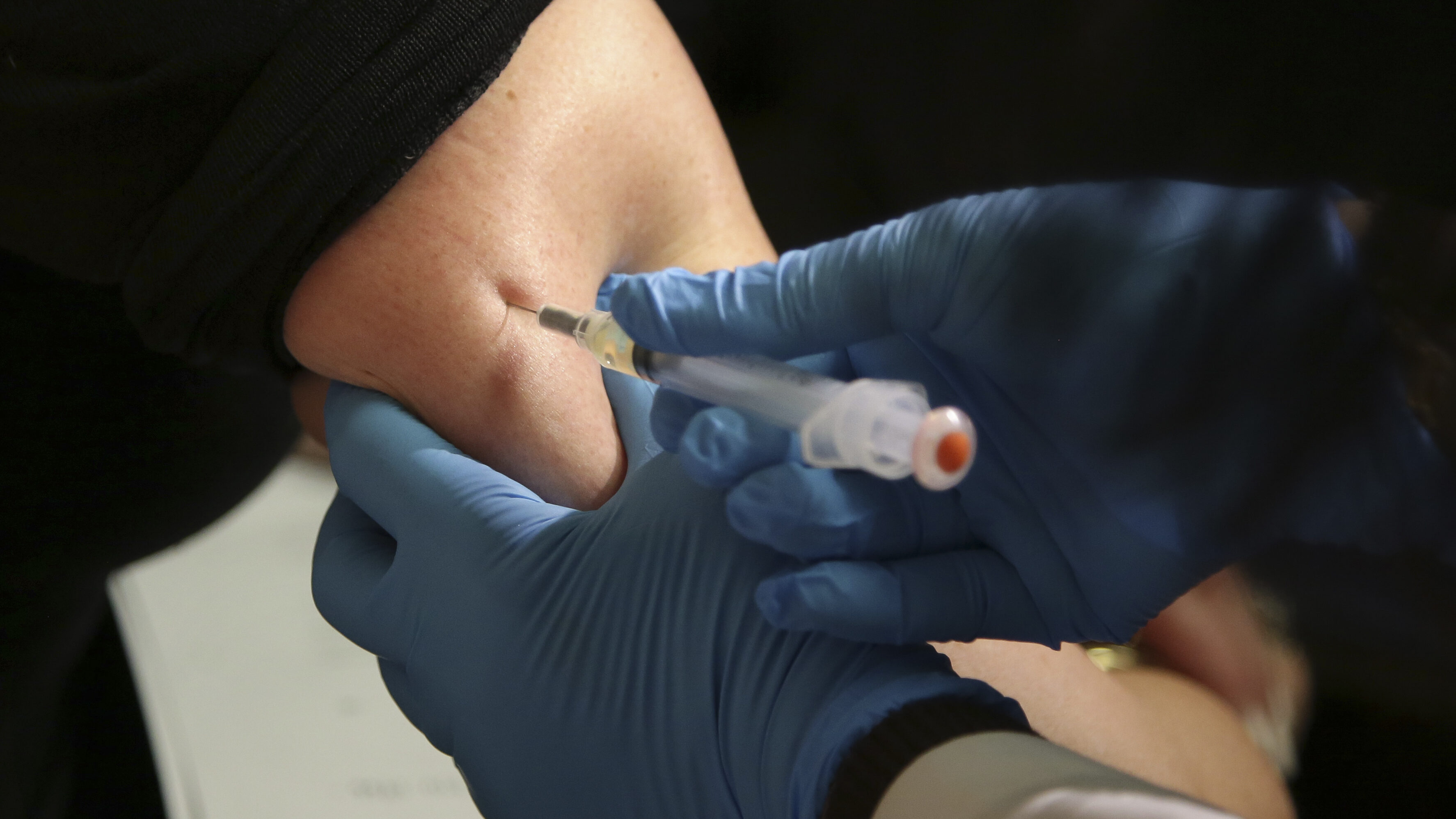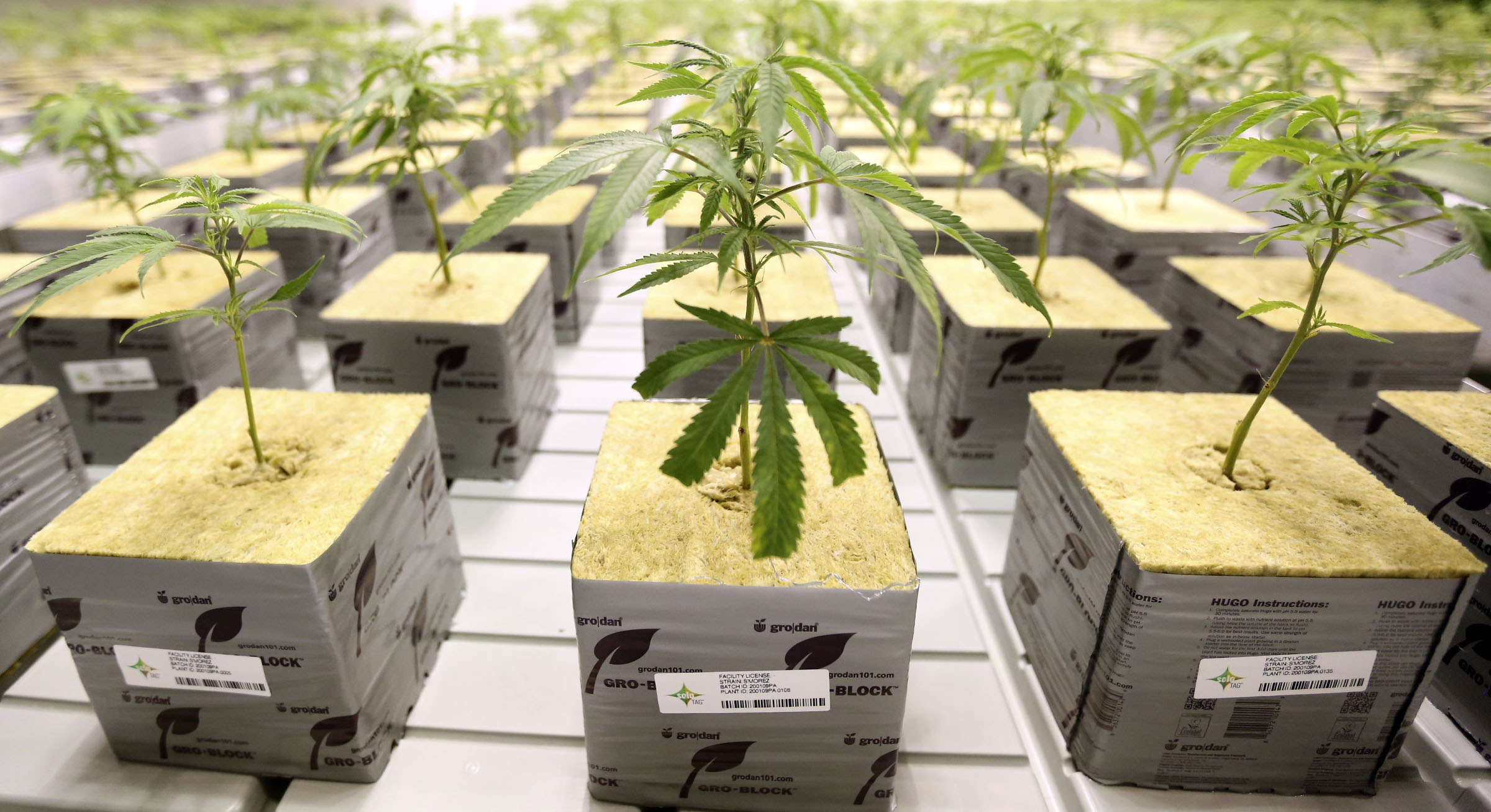Our attention span is shrinking, studies say, but focus is possible
May 30, 2023, 12:44 PM

Use technology to tell you when it's time to take a break, which can increase productivity. (Prostock-studio /Adobe Stock via CNN)
(Prostock-studio /Adobe Stock via CNN)
Editor’s note: Sign up for CNN’s Stress, But Less newsletter. Our six-part mindfulness guide will inform and inspire you to reduce stress while learning how to harness it.
(CNN) — I’ve been working steadily for hours but feel as if I haven’t even started. My attention is being pulled from my assigned task — writing this story — by a myriad of what I believe are necessary work interruptions. (OK, a couple were from my cat, who also firmly believes in their necessity.)
My kids and I call days like this “squirrel days” in honor of Dug, the talking dog in (squirrel !!) the 2009 Pixar movie “Up,” who (squirrel !!) was constantly distracted by well, just about (squirrel !!) …
Related: Mental health and social media, a Utah child psychologist weighs in
Unfortunately, all too many of us are having “squirrel” days, according to Dr. Gloria Mark, a professor of informatics at the University of California, Irvine, who studies how digital media affects our lives. In her book “Attention Span: A Groundbreaking Way to Restore Balance, Happiness and Productivity,” Mark explains how decades of research have tracked the decline of the ability to focus.
“In 2004, we measured the average attention on a screen to be 2½ minutes,” Mark said. “Some years later, we found attention spans to be about 75 seconds. Now we find people can only pay attention to one screen for an average of 47 seconds.”
Not only do people concentrate for less than a minute on any one screen, Mark said, but when attention is diverted from an active work project, they take about 25 minutes to refocus on that task. (Wait, what??)
“In fact, our research shows it takes 25 minutes, 26 seconds before we go back to the original working sphere or project,” Mark said.
Why you have a short attention span
How can that be? “If we look at work in terms of switching projects, as opposed to the micro view of switching screens, we find people spend about 10½ minutes in any work project before being interrupted — internally or by someone else — and then switch to another work project,” Mark said.
Yes, but then we go back to the original work, right? Wrong, Mark said. Instead, when we are interrupted on project two, we switch yet again to a different task — call it project three. Unbelievably, her research has shown we are also interrupted on project three and move on to project four.
“And then you go back and pick up the original interrupted project,” Mark said. “But it’s not like you’re interrupted and you do nothing. For over 25 minutes, you’re actually working on other things.”
(At least I can tell my boss that when I miss my deadline.)
“However, there’s also a switch cost,” Mark added. “A switch cost is the time it takes you to reorient back to your work: ‘Where was I? What was I thinking of?’ That additional effort can also lead to errors and stress.”
How to focus
Why is all of this a problem? After all, it’s called multitasking, thought by many to be a highly prized skill for coping with the demands of the information age.
“With the exception of a few rare individuals, there is no such thing as multitasking,” Mark said. “Unless one of the tasks is automatic, like chewing gum or walking, you cannot do two effortful things at the same time.”
For example, she said, you can’t read email and be in a video meeting. When you focus on one thing, you lose the other. “You’re actually switching your attention very quickly between the two,” Mark said. “And when you switch your attention fast, it’s correlated with stress.”
Blood pressure rises. Heart rate speeds up. Psychological measures of stress also show negative outcomes, she said, such as more fatigue and mistakes and less productivity: “The more people multitask, the more errors they make.”
Who did this to us? We did, of course, with the help of tech culprits such as social media, tablets and television. But Mark blames email the most.
“To me, email is probably the worst because it’s become a symbol of work,” she said, adding that her research has found a direct correlation between email and more stress.
“We cut off email for some workers in an organization for one workweek,” she said. “Using heart rate monitors, we found that they became significantly less stressed and were able to focus significantly longer.”
(I find myself pausing to look up flights to Bora Bora. Oh, right. They have email there, too.)
“There’s no way that a person can just completely cut off from technology and work in today’s world,” Mark said. “So let’s learn how to live with it in a way that maintains our positive well-being.”
How to increase your attention span
Regaining your focus requires you to be mindful of how you are using technology, Mark said, a daunting task if you consider the average American spends at least 10 hours a day on screens.
Paradoxically, you can use technology to help, she said. Schedule rote work for the first part of the day when you’re not fully alert, then use technology to block distractions when you’re at your mental best. At night, offload tasks from your brain by writing them down and then put the list away.
Distracted by social media sites? Hide them, Mark said: “Take the icons off your desktop and bury the apps on your phone inside folders, where it takes an extra effort to find them. Leave your phone in another room or put it in a drawer and lock it.”
It’s also important to learn when to take a break. “If you have to read something more than once or if the words are just not registering, it’s time to stop and replenish,” she said.
The best break is a walk in nature: “Just a 20-minute walk in nature can help significantly relax people,” Mark said. “And we found it can help people produce significantly more ideas — it’s called divergent thinking.”
Too cold to walk outside? Do something engaging that takes no mental effort. “I have a friend who is an MIT professor, and his favorite activity is matching socks,” Mark said. “Another friend likes to iron. Ideas can incubate and then we come back to the hard work, and we see it with fresh eyes.”
The-CNN-Wire
™ & © 2023 Cable News Network, Inc., a Warner Bros. Discovery Company. All rights reserved.













